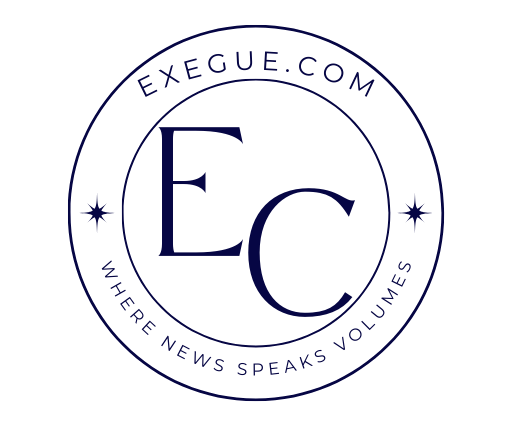
YouTube’s Rulings on Gaza War Videos Spark Internal Backlash
A month after Hamas militants from Gaza attacked an Israeli music festival last October, the Hebrew rap duo Ness & Stilla premiered “HarbuDarbu” on YouTube. The military hype song celebrates Israeli forces waging war in Gaza and has drawn over 25 million views; its critics have termed the song a violent and hateful anti-Palestinian “genocide anthem.” “One, two, shoot!” its refrain thunders.
Despite demands from employees and activists for its removal, “HarbuDarbu” has been allowed to stay up on YouTube. Crucially, YouTube determined that the song’s violent rhetoric targets Hamas, not Palestinians as a whole, and that as a US-labeled terrorist organization Hamas can be subject to hate speech without penalty, according to three people involved in or briefed on content moderation work at YouTube but not authorized to discuss it.
In the closely tracked decision over “HarbuDarbu,” YouTube’s trust and safety team consulted executives and reviewed internal and external expert interpretations of the lyrics, which include slang and clever phrases with debatable meanings. The ultimate finding was that one of the song’s opening lines, which describes rodents coming out of tunnels, shows that the song is about Hamas (which regularly uses tunnels to navigate and hide in Gaza) and therefore does not qualify as hate speech, according to the sources.
Employees who want the video removed say it should count as hate speech because, they contend, the lyrics urge violence against all Palestinians by mentioning Amalek, a Biblical term used throughout history to describe Israel’s enemies. Israel prime minister Benjamin Netanyahu used the term in remarks last October after the music festival tragedy, but his office later clarified that his intention was to invoke Hamas and not in any way call for the genocide of Palestinians.
The rationale behind leaving the video up and unrestricted, reported here for the first time, is a prime example of what a handful of employees at YouTube and across the rest of Google who spoke with WIRED believe to be a pattern of inconsistent moderation of content relating to Israel’s war with Hamas. The sources believe management at the world’s most popular video platform have been playing favorites and scrabbling to justify takedowns—or find exceptions to keep content up.
YouTube spokesperson Jack Malon did not dispute WIRED’s reporting on “HarbuDarbu” and other videos cited in this story. But he strongly challenges accusations of bias and calls it misleading to draw broad conclusions about YouTube’s enforcement approach based on “a handful of examples.” He adds that internal disagreements on such cases are common.
“We dispute the characterization that our response to this conflict deviated from our established approach toward major world events,” Malon says. “The suggestion that we apply our policies differently based on which religion or ethnicity is featured in the content is simply untrue. We have removed tens of thousands of videos since this conflict began. Some of these are tough calls, and we don’t make them lightly, debating to get to the right outcome.”
War Cry
Though disputes over what belongs on YouTube and other massive social networks have spilled into the public before, the war in Gaza has made reaching internal consensus on takedowns near impossible, sources say, just as decisions on what’s left up carry great importance in influencing public response to a crisis that’s left Israel on edge and Gaza in ruins.
Sources tell WIRED they wanted to bring more scrutiny to YouTube’s decisionmaking because they feel accountability has been limited even internally. In the past, YouTube staffers in emails, chats, and calls would summarize their logic to employees from other Google units. To avoid contentious discussions since October, that transparency is largely gone, the sources say. Malon says the flow of information has increased. But as one source puts it, the substance is now missing: “Here’s the decision, we’re moving on, let’s not dwell on it.”
